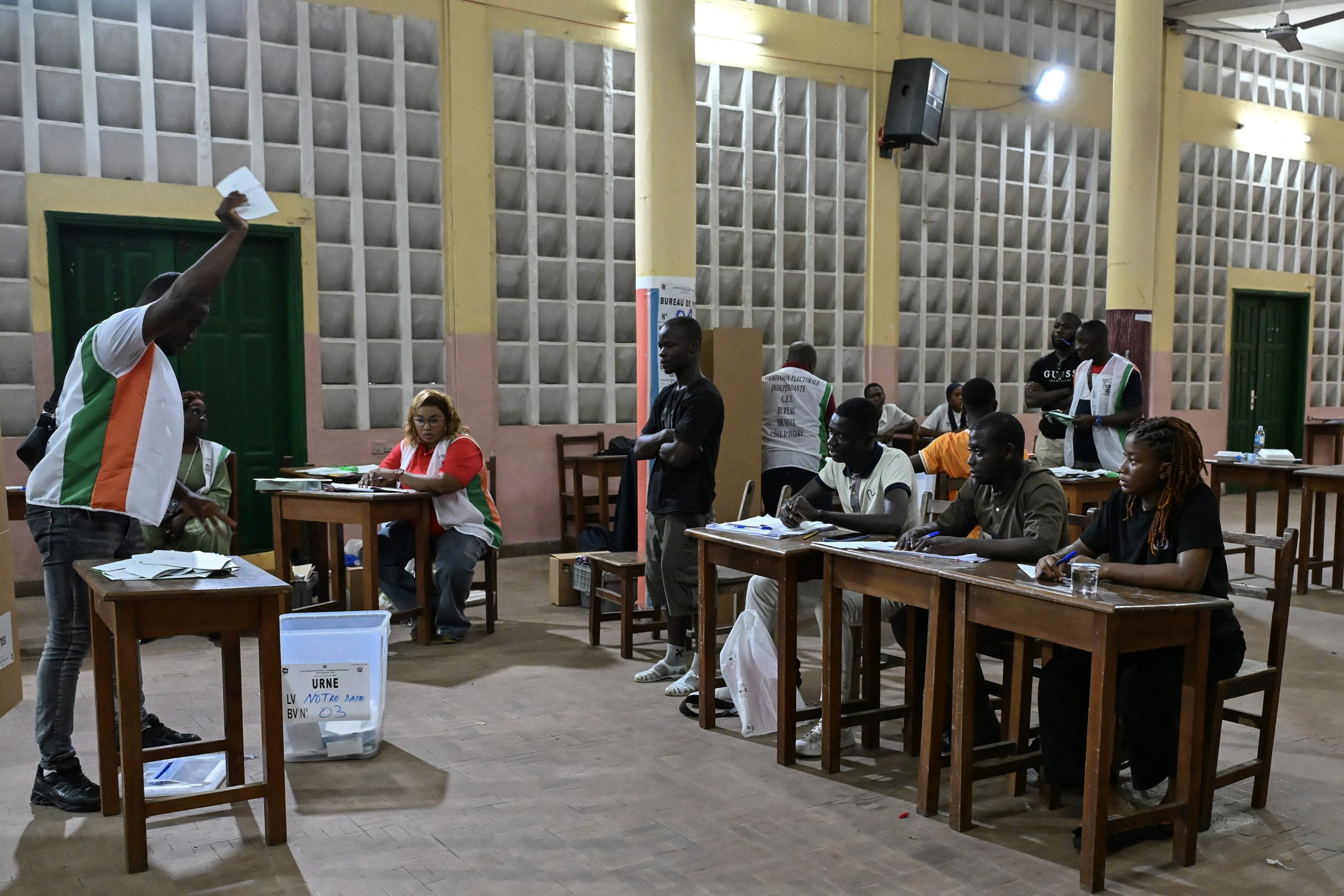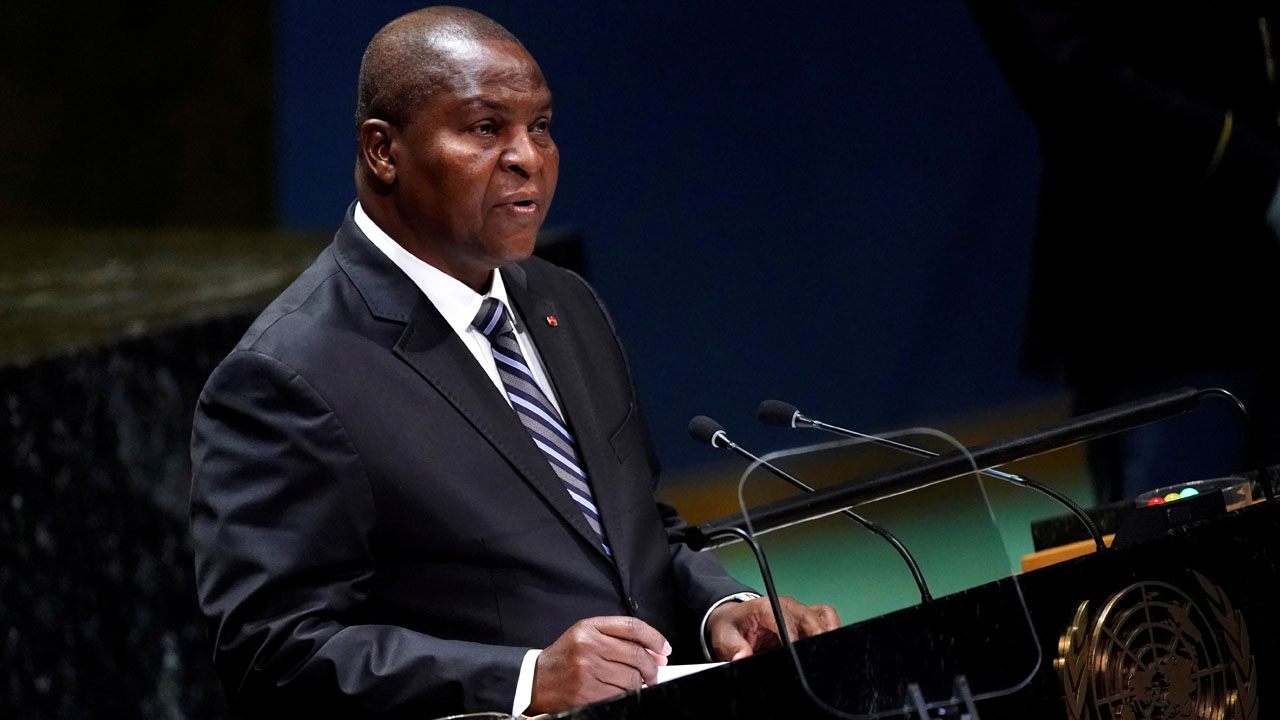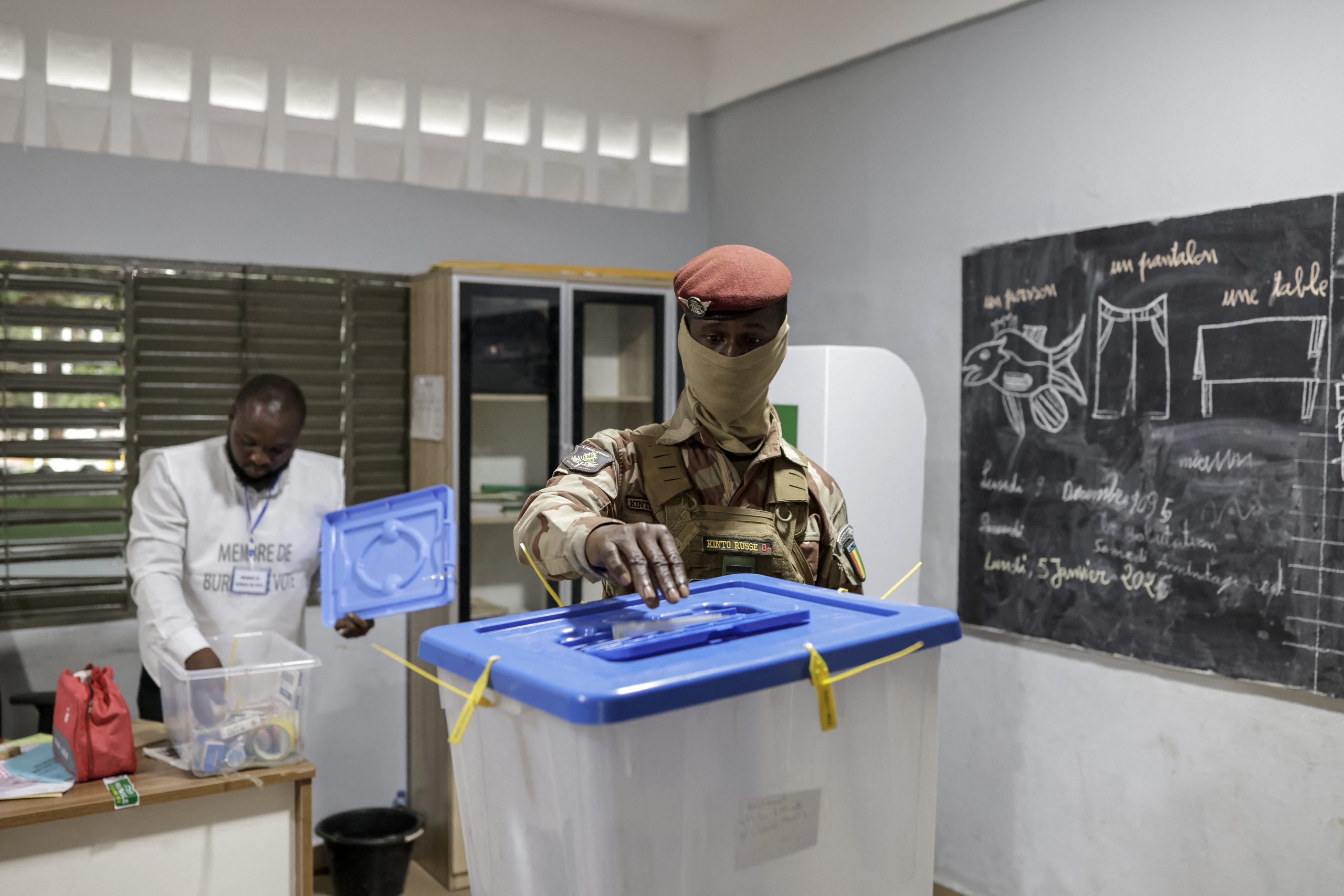Ivorians waited for results on Sunday after voting for a new president ended the day before, with incumbent Alassane Ouattara likely to win a fourth term.
Ouattara, 83, has led the world’s top cocoa producer since 2011, when the country began reasserting itself as a west African economic powerhouse.
Nearly nine million Ivorians were eligible to vote, with the election marked by a divided opposition further hobbled by the barring of two leading candidates.
The electoral commission said results were due between Sunday and Monday.
Turnout was expected to be a key factor. While an official figure is not yet known, the president of the commission, Ibrahime Coulibaly-Kuibiert, put turnout at around 50 percent.
Polling stations in the economic capital Abidjan and historically pro-opposition areas in the south and west were nearly empty, AFP reporters said.
Meanwhile, in the country’s north, where Ouattara had most of his support, voters turned out in large numbers.
“We are seeing a very clear divide between the north and the south. The turnout is lower than expected. Doubts can be raised about the legitimacy of a president elected under these conditions,” Simon Doho, leader of the Democratic Party of Ivory Coast (PDCI) told AFP.
– Two killed on election day –
Ouattara’s leading rivals — former president Laurent Gbagbo and Credit Suisse ex-CEO Tidjane Thiam — were both barred from standing, Gbagbo for a criminal conviction and Thiam for acquiring French nationality.
With key contenders out of the race, Ouattara was the overwhelming favourite to secure a fourth term.
This was reminiscent of the last election in 2020, where he obtained 94 percent of the votes with a turnout slightly above 50 percent, in an election then boycotted by the main opposition.
None of the four candidates who faced Ouattara on Saturday represented a major party, nor did they have the reach of the ruling Rally of Houphouetists for Democracy and Peace (RHDP).
While election day was generally calm, incidents were reported at 200 polling stations across the country, according to security forces.
Clashes broke out in several localities in the south and west, but these incidents had “no major impact on the voting process”, according to Interior Minister Vagondo Diomande.
On Saturday, a 13-year-old boy was killed by a shot fired in the centre-west town of Gregbeu and a Burkinabe national died during clashes in the Gadouan region, security sources told AFP.
Twenty-two others were injured by gunshots or stab wounds, one of which in critical condition.
Six people have died this month during the election period.
With the opposition calling for protests and unrest turning deadly in recent days, the government slapped a night-time curfew in some areas and deployed 44,000 security forces.
The government also banned demonstrations, and the courts have sentenced several dozen people to three-year jail terms for disturbing the peace.
Meanwhile, a smiling Ouattara was met with cheers from activists at his party’s headquarters in Abidjan after polls closed on Saturday evening, according to AFP journalists.






